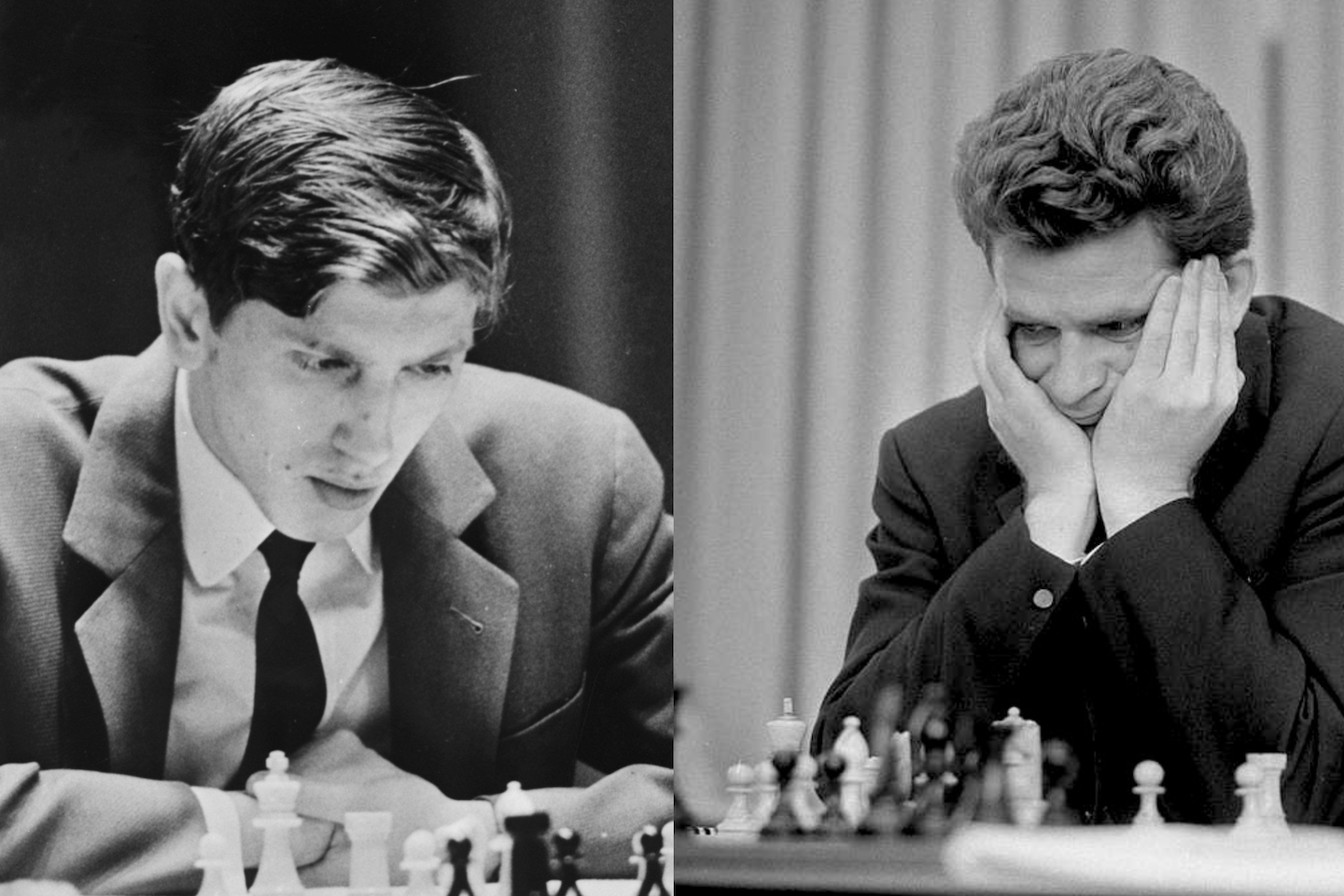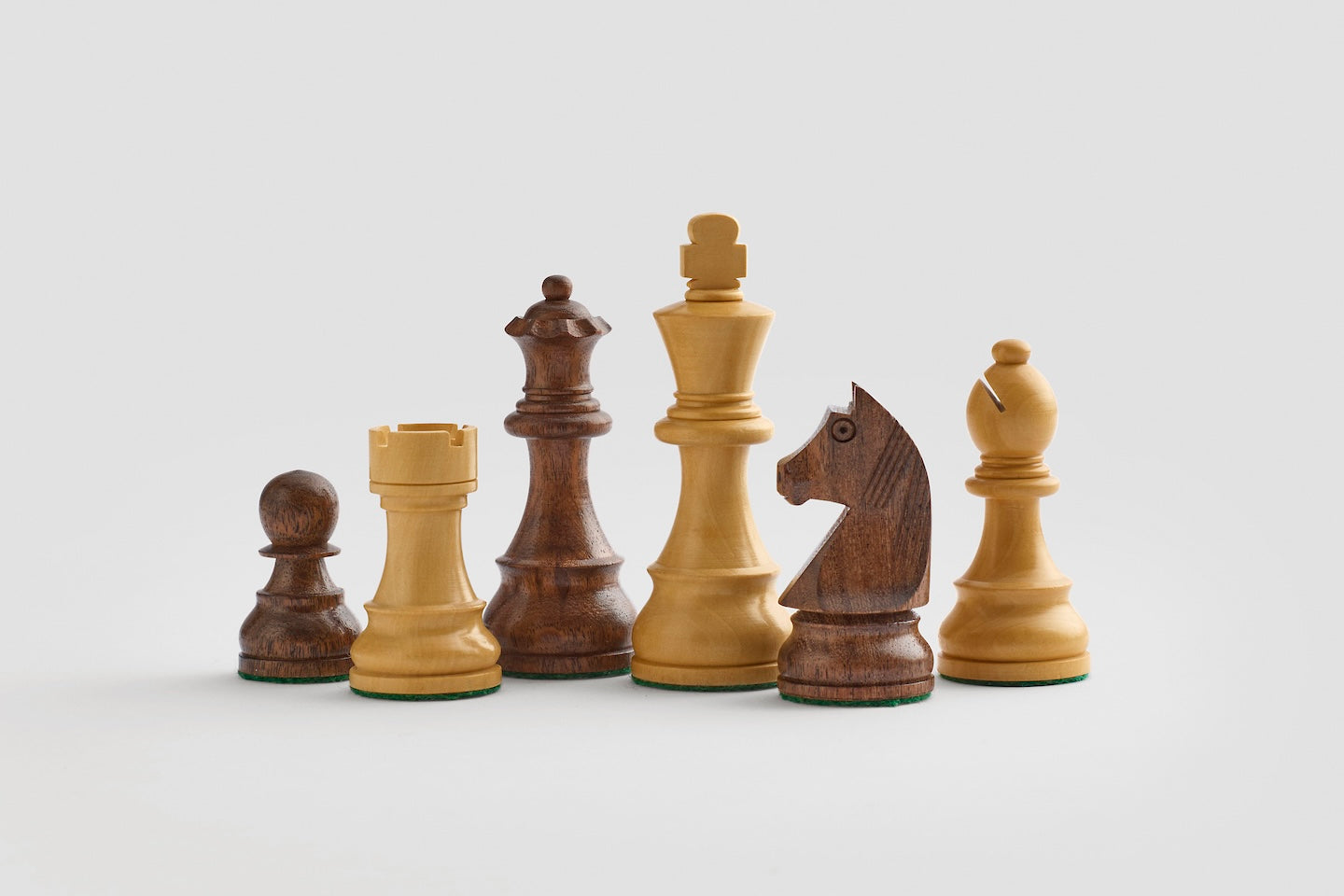
The match of the century: When chess came to Reykjavik in 1972
Chess has had its moments in the spotlight. But nothing, absolutely nothing, like the summer of 1972 in Reykjavik.
Two men, one board – and the whole world watched.
On one side: Boris Spassky. Elegant, measured, world champion – and the pride of the Soviet Union. On the other: Bobby Fischer. Lonely, eccentric, American – and a thorn in the side of everyone who tried to control him.
It looked like a chess match. It was actually a show of nerve warfare.
A World Cup as a frontline
Since 1948, the Soviets had owned the throne in chess. Not just won – owned. The world champion was not one man, but the result of a system, a state, an ideology. So when a 29-year-old American with sunglasses and paranoia announced himself as a challenger, the world media began to heat up like a boxing match.
And it almost happened. Fischer threatened to disappear. He appeared – and disappeared again. He refused to play if the cameras were too noisy. And only when the prize money was doubled, and Henry Kissinger himself called to persuade him, did he get going.
Then he started winning.
Fischer: chess player and enigma
Fischer played chess that no one had seen before. Not necessarily spectacular – but precise. Almost eerie. He slowly took control of the match, while Spassky seemed more and more caught up in his own game.
Fischer came to Reykjavik alone. No coach, no psychologist, no support system. Spassky had the entire Soviet machinery behind him. But it was Fischer who won.
The result
After 21 games it was clear: Fischer had beaten Spassky 12½–8½. The Soviet dominance had been broken. It was a sensation. An American as world chess champion – in the middle of the Cold War.
But Fischer did not come back to defend the title. He retreated, and slowly disappeared into the darkness. A mystery – still unsolved.
Why it still matters
Reykjavik 1972 was not just a victory. It was a story. About one man against the system. About chess as more than a game. About intelligence, stubbornness and vulnerability.
It was the moment when chess became a cultural phenomenon – a part of world history. Not just for those who know opening theory and endgames. But for all of us who have ever sat with the pieces and tried to think two moves ahead.
Sources and read more
- World Chess Championship 1972 - Wikipedia
– Pawn Sacrifice (2014) – IMDb
– Bobby Fischer Against the World (HBO, 2011)
Photo above: Bobby Fischer (left) and Boris Spassky (right) at the chessboard in the early 1970s. Source: Nationaal Archief / Public Domain



